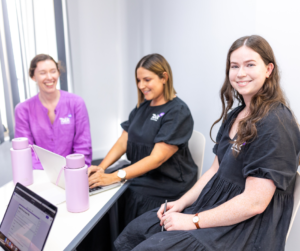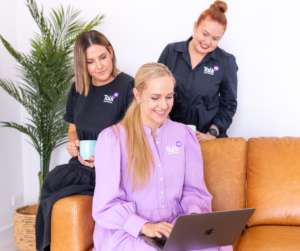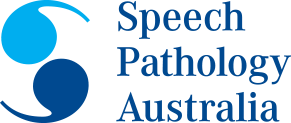A Certified Practising Speech Pathologist (CPSP) is a professional who meets the rigorous standards set by Speech Pathology Australia (SPA). CPSPs are trained to address speech and language delays, stuttering, voice disorders, and cognitive-communication impairments, improving communication abilities.
The certification program ensures CPSPs deliver safe, culturally responsive, effective, and evidence-based services. To become a CPSP, practitioners must meet specific recency of practice (RoP) and continuing professional development (CPD) criteria.
Recency of Practice (RoP) Requirements
The recency of practice requirements for a Certified Practising Speech Pathologist (CPSP) differ depending on factors such as years since degree completion, provisional or full certification, and completion of the Return to Practice (Re-entry) program. These requirements are contingent upon various factors, including the time elapsed since earning the degree, provisional or full certification status, and completion of the return to practice program. For instance, individuals who completed their degree less than three years ago need to fulfill 200 practice hours and meet additional Continuing Professional Development (CPD) requirements to qualify for full CPSP status.
What is Continuing Professional Development?
Continuing Professional Development (CPD) is an ongoing process for speech pathologists to maintain, improve, and enhance their skills and knowledge. CPD is crucial for providing safe, effective, culturally responsive, and evidence-based services. It involves activities that strengthen current knowledge or offer new learning opportunities. Speech pathologists must keep CPD records and evidence for two years in case of a certification audit.
What is Professional Support?
Professional support for a CPSP includes various forms of assistance to enhance work quality, productivity, safety, and confidence. This support can include supervision, mentoring, peer supervision, peer support, communities of practice, and coaching. Support can come from an experienced speech pathologist or another relevant professional. A professional support partnership involves discussing and agreeing on roles, terms, expectations, and learning goals, which are then documented. Speech pathologists should keep records of meetings, goals, and reflections.
What is Cultural Learning?
Cultural learning supports culturally responsive and safe practice when working with Aboriginal and Torres Strait Islander Peoples and communities.
In summary, a Certified Practising Speech Pathologist (CPSP) is a highly qualified professional committed to continuous learning and professional development. Through CPD, RoP, professional support, and cultural learning, CPSPs deliver high-quality, evidence-based, and culturally responsive services.
Find more blogs here on our website -> www.talkqhq.com.au







